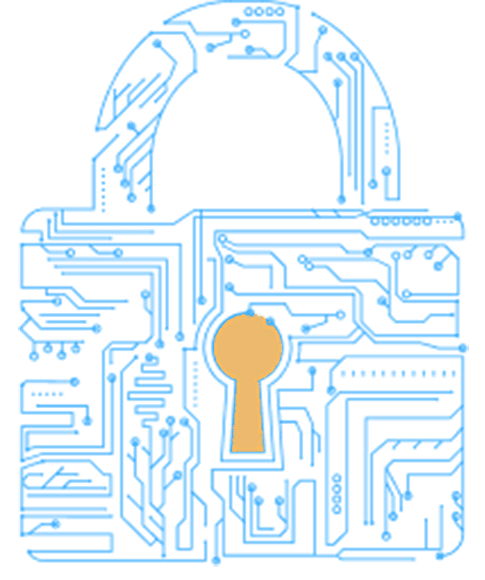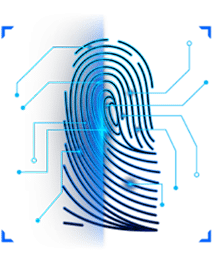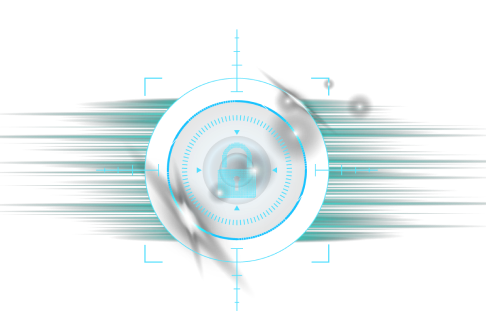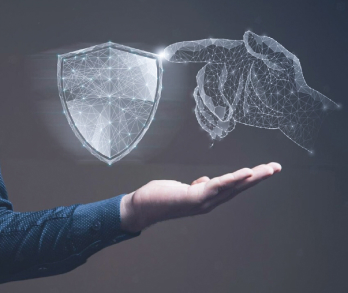Cybersecurity Services
In today’s digital age, it is more important than ever to make sure your business is protected from cybercrime. Hackers are becoming increasingly sophisticated, and they can do a lot of damage to your company if they gain access to your systems. That’s why it is essential to have a comprehensive cybersecurity plan in place. In this blog post, we will discuss the deliverables for small and medium size businesses when it comes to cybersecurity. We will also outline the objectives of a good cybersecurity strategy, and explain how you can prevent, detect, and respond to cyberattacks.
Deliverables for Small and Medium Size
Businesses
When it comes to running a small or medium-sized business, setting and achieving deliverables is essential for success. These targeted goals allow business owners and employees to stay focused and track progress toward meeting overall objectives. To set effective deliverables, it’s important to understand the mission and values of the company, as well as the current industry landscape. From there, specific measurable goals can be set with a specific deadline in mind. Regular check-ins can help ensure that these goals are being met promptly and corrective measures can be taken if needed. With clear deliverables in place, businesses have an increased chance of reaching their targets and ultimately achieving long-term success.
Deliverables for Small and Medium Size
Businesses
When it comes to running a small or medium-sized business, setting and achieving deliverables is essential for success. These targeted goals allow business owners and employees to stay focused and track progress toward meeting overall objectives. To set effective deliverables, it’s important to understand the mission and values of the company, as well as the current industry landscape. From there, specific measurable goals can be set with a specific deadline in mind. Regular check-ins can help ensure that these goals are being met promptly and corrective measures can be taken if needed. With clear deliverables in place, businesses have an increased chance of reaching their targets and ultimately achieving long-term success.

When it comes to cybersecurity, there are a few different things you need to consider.
Here are a few different cybersecurity services that you can use to protect your business:

System security
This is the most important aspect of cybersecurity. You need to make sure that your systems are secure and that hackers cannot gain access to them. This includes securing all hardware and software systems, as well as monitoring for potential vulnerabilities, and implementing necessary updates and patches. A strong password policy is also essential in keeping unauthorized users out of sensitive systems. That’s where a cybersecurity service can come in handy. They can work with you to ensure your systems are secure and up to date, monitor for any potential threats, and help you implement a secure password policy. Investing in systemic security is a crucial step in protecting your business from cyber-attacks.
Attack detection
It is important to have a plan in place for what to do if your system is compromised. When it comes to protecting your business against cyber-attacks, early detection is key. Attack detection services can help you stay one step ahead of hackers by identifying and stopping any suspicious activity on your network. These services monitor your network for unusual login attempts or changes to sensitive files and alert you as soon as a potential threat is detected. This allows you to take swift action and prevent any damage to your system or loss of important data. Additionally, attack detection can also help determine the source of a past breach, allowing for targeted measures to prevent future attacks from the same source.


Employee education
It is important to educate your employees on how to stay safe online. In the modern age, businesses have to be vigilant about protecting their data and systems from cyber-attacks. One important line of defense is employee education. Regular training and reminders about practices like regularly updating passwords and not clicking on suspicious links can go a long way toward minimizing security breaches. Additionally, employees should be made aware of red flags and taught how to respond in the event of a potential attack. Investing in employee education as part of your cybersecurity strategy can save your business time, money, and headaches in the long run. It also sends a message to customers and clients that their personal information is being protected at all times.
Cybersecurity Goals
The three main goals of cybersecurity are confidentiality, integrity, and availability. Let’s take a closer look at each of these:

Confidentiality
When it comes to cybersecurity, protecting the confidentiality of individuals and companies is one of the main priorities. This means ensuring that sensitive information, such as financial data or private communications, cannot be accessed by unauthorized parties. This can involve encrypting documents, restricting access to certain networks, and conducting regular audits to identify potential vulnerabilities.

Integrity
When it comes to cybersecurity, integrity is a vital goal. You need to make sure that your data is accurate and complete. This means ensuring that information cannot be altered or tampered with without authorization. It also includes maintaining the accuracy and completeness of data, preventing unauthorized access or destruction, and safeguarding against fraudulent activity.

Availability
In terms of availability, the goal is to ensure that users have reliable access to systems and networks. This means ensuring that there are appropriate hardware and software systems in place to prevent downtime or disruptions caused by cyber-attacks. Confidentiality involves protecting sensitive information from unauthorized access or disclosure. Finally, integrity refers to maintaining the accuracy and completeness of data and preventing unauthorized changes or modifications.
Cybersecurity Objectives
Here are three primary objectives of cybersecurity. By exploring each one in more depth, we can better understand the overall security picture:



Conclusion
Protecting your business from cyber threats is more important than ever in today’s digital age. Weak cybersecurity can result in not only the loss of sensitive information but also financial damage and tarnished reputation. To ensure the safety of your company, it is essential to have robust security systems in place and update them regularly. Developing a comprehensive incident response plan is crucial for efficiently handling any potential cyber incidents that may occur. Additionally, educating employees on safe online practices helps to prevent smaller security breaches that could potentially lead to larger problems down the line. Investing in strong cybersecurity safeguards not only protects your business but also demonstrates to customers and clients that you prioritize their privacy and trustworthiness. Don’t risk putting your company at risk – make cybersecurity a top priority.
LET US HELP YOU FIND THE TRUTH IN DATA.
- 923 S. Hastings Way #201 Eau Claire WI 54703
- Info@DefenseForensic.com



